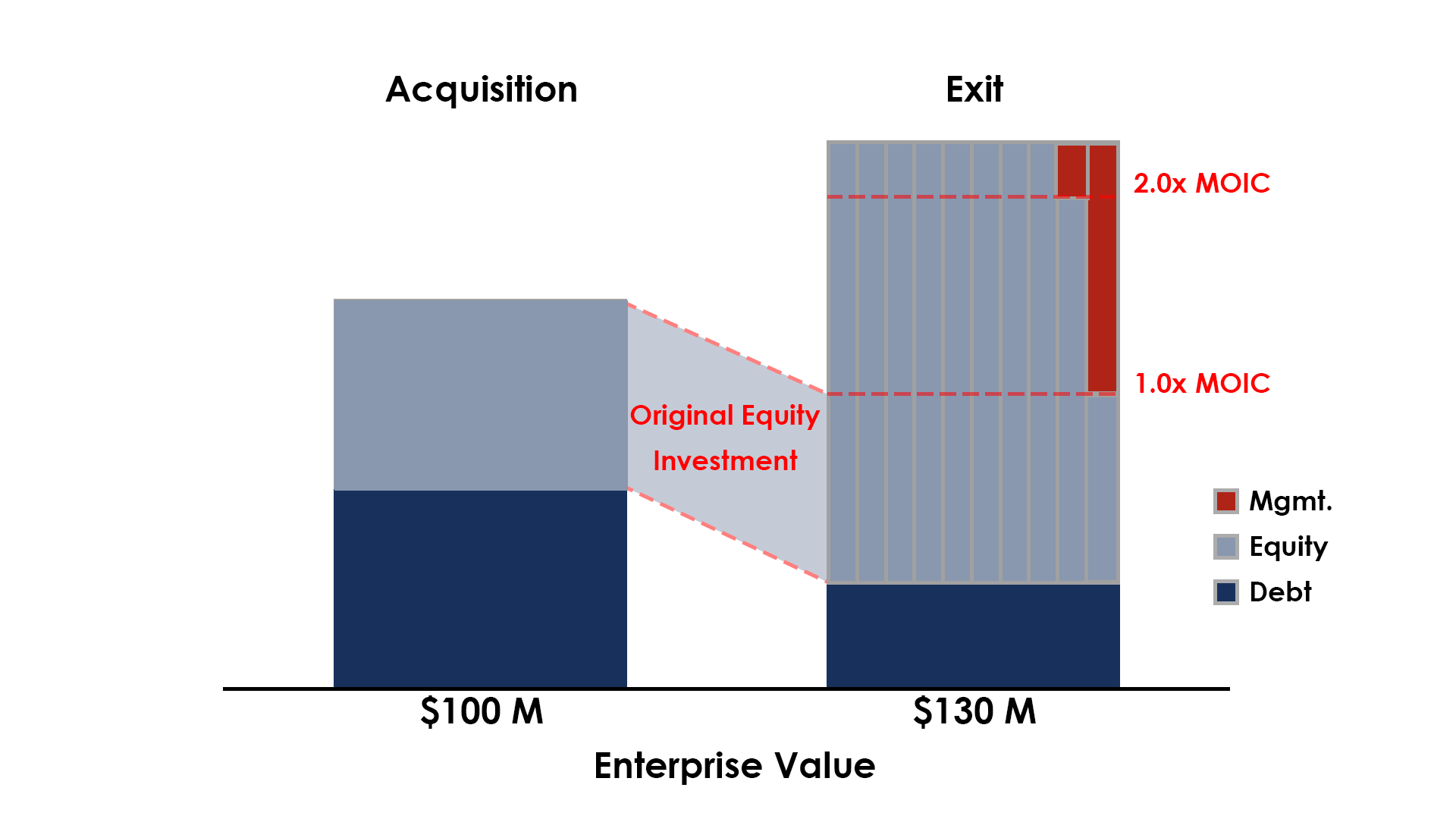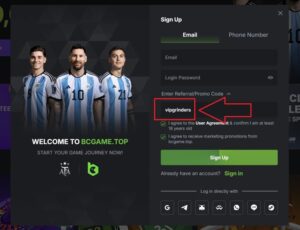

Capitalists as prominent as Adam Smith, the father of economics, were also skeptical of corporations. He believes that the separation of business owners from day-to-day managers will inevitably lead to “negligence and excess.” But modern corporations have some remedies for this “principal-agent” problem, one of which is stock options.
The goal of compensating a key employee with stock options is to align his or her financial incentives with those of an owner who does not run the business on a day-to-day basis. But even savvy individuals may not fully grasp the nuances of options agreements, especially in the world of private equity (Private Equity Professionals | Simple Model) where, unlike the public markets, options stocks typically do not have the terms of a reliable secondary market option Governed by bespoke, often relatively complex contracts.
Don’t worry, in this article we’ll cover what you need to know about stock option agreements, how they work and why, if you’re a relatively senior employee (N-2 or even N-3 at a large company) or as Independent directors of a business, you should do your best to negotiate this as part of your remuneration package.
What are stock options and what are they not?
Stock options differ from forms of “sweat equity” such as restricted stock units (RSUs), where shares are simply awarded to employees when they achieve certain goals. Simply put, a stock option is the right (but not the obligation) to buy a company’s stock at a locked price (called the strike price) after a certain period of time. If you are hired by a private company during or shortly after a merger or acquisition, any stock options offered may have an exercise price determined based on the stock price paid by the acquiring company. Otherwise, the exercise price of the option may be based on a “mark-to-market” value based on the most recent internal valuation. Regardless, the value of exercising the option will increase as the stock value (hopefully) rises above the strike price over time. This provides option holders with a powerful incentive to help the company succeed. But don’t forget that, unlike RSUs, you still need to get cash to “exercise” (or pay) the option contract’s strike price.
Now for some details. An option cannot be exercised unless it is granted, and a timetable for vesting is included in all standard option agreements. For example, a schedule might allow for 20-30% of options to vest annually over a period of 3 to 5 years. This creates an incentive for you to stay with the company at least until you can exercise your option. An accelerated schedule is worth negotiating, especially if you are in an interim role, but as you might guess, most PE owners will want to align the exercise schedule with their expected holding period (3-5 years or more long) to retain key management personnel during this period. But it’s worth noting that most private equity option agreements will allow for accelerated vesting of all options upon a sale or “change of control” of the business, whether the sale occurs six days after the sale or sixteen years later. The original date the agreement became effective. Of course, if the option is not “in the money,” and the stock price is above the strike price, then these exercise schedules will be mostly an academic exercise, since they will be worthless even if the option is exercised.
While many options are time-based and awarded strictly on a calendar basis, others are performance-based. They don’t vest unless you, your team, and/or your company achieve the agreed-upon goals. These usually (but not necessarily) take the form of financial targets (sales, EBITDA, etc.) designed to incentivize you to help the owners achieve the best financial results while you remain with the company. These options will not vest if the target is not achieved within the stated period, even if the company otherwise performs well or has a successful exit, such as selling the company.
Speaking of exit events, what happens if you decide to leave the company to pursue opportunities elsewhere? Any unvested options may disappear as if they never existed. As for vested options, some agreements may allow you to have a period of time after separation (usually 1-3 months) to exercise these options, although as a departing employee or director you will generally need to pay the total exercise price to exercise these Option (which often requires a significant outlay of cash). If the company is not yet public, there may also be restrictions on when and whether you can sell the shares you receive by purchasing a vested option. Some agreements will address this issue, for example by specifying whether private secondary markets can be used and whether the company itself has a right of first refusal to purchase the shares.
bottom line
Overall, stock options are a daunting form of compensation that involves a degree of uncertainty (especially relative to outright cash payments), but are they still worth pursuing in your salary negotiations? Absolutely. Private equity firms often prefer this kind of long-term, incentive-based compensation to guaranteed salary or even commissions, and are happy to offer deals that can be very sweet if things go well.
For key employees, options are a way to create significant personal wealth while working at a private equity-backed company; for example, I know of multiple executives who received $5 through option payments in successful PE exits. More than three times annual salary (Learn more: Incentive Equity Compensation). However, as with many things, the devil is in the details, so make sure you fully understand any option-based compensation on offer. It is always a good move to consult with an attorney or trusted advisor who is familiar with this type of agreement. But be sure to read (and more importantly, try to understand) the fine print yourself, and good luck negotiating!
Related: Incentive Equity Compensation (click on the image below to learn more).

Learn more about private equity transactions with ASM’s private equity training courses. ASimpleModel.com’s private equity training courses are developed by industry professionals. The following content goes beyond the leveraged buyout model to explain how private equity professionals find, structure and close deals.






